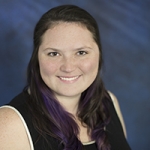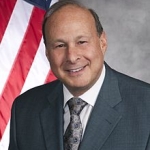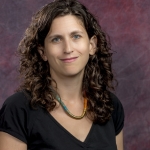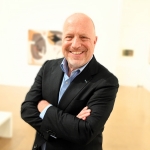
Ms. Najean Lee
There’s No “I” in “Arts Advocacy”
Posted by Mar 03, 2017

Ms. Najean Lee
While a presidential election season is the most intense time of political engagement for most citizens, advocates who dedicate themselves to a particular issue or set of issues know that there is seldom a defined starting or stopping point to our work. This is especially true for the arts, which encompass a wide range of policies in addition to federal funding (for example, improving the visa process for foreign guest artists to perform in the U.S., or protecting the ability of musicians to travel across international borders with instruments that contain protected species material). Happily, speaking up for the arts and our many policy concerns is easier to manage thanks to the work of coalitions such as the ad hoc Cultural Advocacy Group, which my organization—the League of American Orchestras—has been a part of for decades.
Read More

























